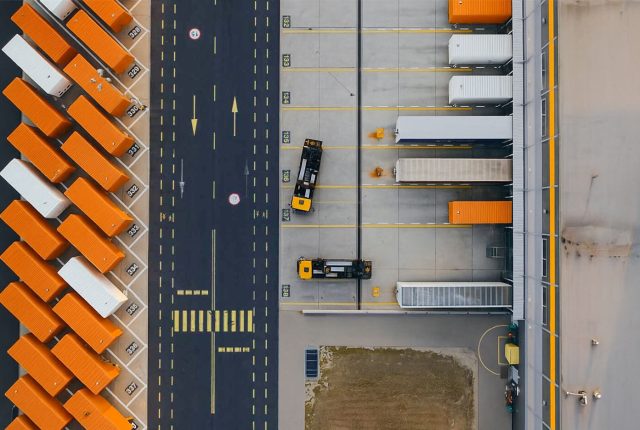
How to Avoid Delay-Related Charges in International Shipments
Delays in shipping don’t just cost time, they cost money. Demurrage, detention, and per-diem fees add up fast. Here’s how to dodge those charges and keep your international shipments moving efficiently.
What Are Delay-Related Charges?
- Free time: The number of days your shipment/container has before extra charges kick in.
- After free time ends: you may pay demurrage (for the container sitting at the port), detention / per-diem (for keeping the container beyond the allowed time), etc.
These costs can be surprisingly high, some US ports charge hundreds of dollars per day for delays.
Top Causes of Delay
- Late or missing paperwork (bill of lading, invoices, customs clearance)
- Customs holds, inspections that take extra time
- Not accounting for free time properly
- Congestion at ports, lack of chassis or trucks at destination/export facility
- Miscommunication with your carrier/forwarder/trucking company
How to Avoid Delay-Related Charges
Here are some practical steps to keep your shipments on time and avoid extra costs:
- Check free time in advance – Always ask how many free days you get before charges apply, and note the start and end dates.
- Prepare documents early – Have your bill of lading, invoices, and certificates ready and accurate to prevent customs delays.
- Track vessel schedules – Keep an eye on arrival dates so you can arrange pickup or unloading before free time runs out.
- Plan for inspections – Label goods properly and keep certificates ready in case customs pulls your shipment for checks.
- Stay in touch – Communicate with your freight forwarder, trucking company, and port agents so everyone is on the same page.
When Delay Fees Are Unfairly Applied (Beware)
Sometimes, charges seem unfair because:
- Port congestion prevents prompt pickup (but free time clock still runs).
- Required paperwork or customs clearance is delayed from the carrier’s or port authority’s side.
- Misclassification of goods or mixups in documents (e.g., bill of lading type).
While these issues may not always be in your control, knowing them helps you build contingency plans or negotiate when charges are disputed.
Bottom Line
Avoidance is better (and cheaper) than remediation. With good planning, early documentation, clear communication, and choosing reliable partners, you can keep international shipment costs under control. And if disputes arise, document everything; often you can appeal or negotiate.
Author
logic_adminRelated posts
Logistics vs Freight Forwarding: What Sets Them Apart
Logistics and freight forwarding are often confused, but they play very differen
Shipping from India: What Documents You Need & What’s Restricted
Exporting goods from India isn’t just about packing a box and sending it off.
